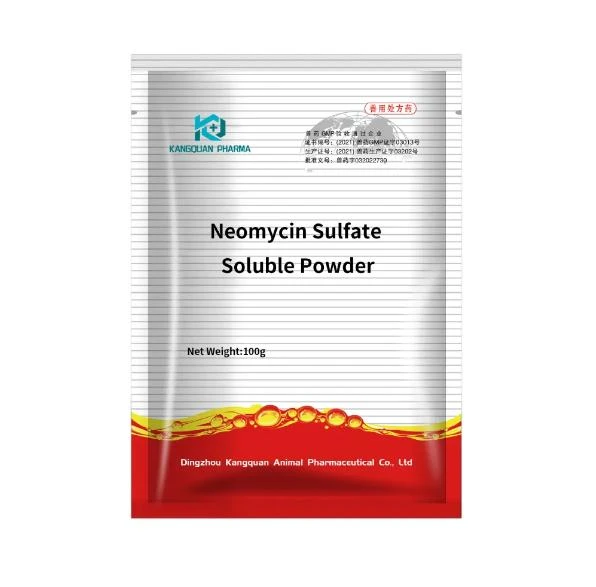- Afrikaans
- Albanian
- Amharic
- Arabic
- Armenian
- Azerbaijani
- Basque
- Belarusian
- Bengali
- Bosnian
- Bulgarian
- Catalan
- Cebuano
- Corsican
- Croatian
- Czech
- Danish
- Dutch
- English
- Esperanto
- Estonian
- Finnish
- French
- Frisian
- Galician
- Georgian
- German
- Greek
- Gujarati
- Haitian Creole
- hausa
- hawaiian
- Hebrew
- Hindi
- Miao
- Hungarian
- Icelandic
- igbo
- Indonesian
- irish
- Italian
- Japanese
- Javanese
- Kannada
- kazakh
- Khmer
- Rwandese
- Korean
- Kurdish
- Kyrgyz
- Lao
- Latin
- Latvian
- Lithuanian
- Luxembourgish
- Macedonian
- Malgashi
- Malay
- Malayalam
- Maltese
- Maori
- Marathi
- Mongolian
- Myanmar
- Nepali
- Norwegian
- Norwegian
- Occitan
- Pashto
- Persian
- Polish
- Portuguese
- Punjabi
- Romanian
- Russian
- Samoan
- Scottish Gaelic
- Serbian
- Sesotho
- Shona
- Sindhi
- Sinhala
- Slovak
- Slovenian
- Somali
- Spanish
- Sundanese
- Swahili
- Swedish
- Tagalog
- Tajik
- Tamil
- Tatar
- Telugu
- Thai
- Turkish
- Turkmen
- Ukrainian
- Urdu
- Uighur
- Uzbek
- Vietnamese
- Welsh
- Bantu
- Yiddish
- Yoruba
- Zulu
10 月 . 31, 2024 15:14 Back to list
Tylosin Injection Use and Benefits for Feline Health and Treatment Options
Tylosin Injection for Cats A Comprehensive Overview
Tylosin is a macrolide antibiotic commonly used in veterinary medicine, notably in the treatment of various bacterial infections in cats. Its effectiveness against specific pathogens and its relatively low toxicity profile make it a valuable option for veterinarians. This article provides an overview of tylosin, its uses, administration, potential side effects, and considerations for cat owners.
What is Tylosin?
Tylosin is an antibiotic that belongs to the macrolide class. Originally developed for use in livestock, its antibiotic properties have made it a useful option for treating infections in companion animals, including cats. It works by inhibiting bacterial protein synthesis, effectively stopping the growth and replication of bacteria. Tylosin is particularly effective against certain Gram-positive bacteria and some Gram-negative bacteria as well as certain mycoplasmas.
Indications for Use
Veterinarians may prescribe tylosin injections for cats to treat bacterial infections, particularly in cases where other antibiotics are ineffective. It is often used for conditions such as chronic diarrhea caused by bacterial overgrowth, respiratory infections, and skin infections. Its ability to penetrate various bodily tissues ensures that it can effectively combat infections that other medications may not reach.
Administration of Tylosin
tylosin injection for cats

Tylosin can be administered via injections, although it is also available in oral forms. In cases of severe infections or when oral administration is not viable, injections provide a more immediate therapeutic effect. The dosage and frequency of tylosin administration depend on the specific condition being treated and the individual cat's health status. It's vital that cat owners follow their veterinarian's instructions closely to ensure proper treatment.
Side Effects and Precautions
While tylosin is generally well-tolerated in cats, like any medication, it can have side effects. Common reactions may include gastrointestinal disturbances such as diarrhea, vomiting, or loss of appetite. These side effects can usually be managed by adjusting the dosage or providing supportive care. In rare instances, allergic reactions may occur, which necessitate immediate veterinary attention.
It's crucial for cat owners to inform their veterinarian of any pre-existing conditions, concurrent medications, or allergies their cat may have. Certain health conditions, such as liver disease, may require adjustment of the tylosin dosage or necessitate the use of alternative treatments.
Conclusion
Tylosin injection can be an effective treatment option for cats suffering from bacterial infections, particularly in cases where conventional treatments fail. As with any antibiotic therapy, it's essential to use tylosin responsibly, as the overuse of antibiotics can lead to resistance, making infections harder to treat in the future. Cat owners should always communicate closely with their veterinary professionals, ensuring that any treatment plan is tailored to their cat's specific needs.
Whether dealing with a stubborn infection or a chronic condition, tylosin can provide relief and recovery, helping to restore your feline companion's health and quality of life. Always consult a veterinarian for the most appropriate treatment options for your pet.
-
The Power of Radix Isatidis Extract for Your Health and Wellness
NewsOct.29,2024
-
Neomycin Sulfate Soluble Powder: A Versatile Solution for Pet Health
NewsOct.29,2024
-
Lincomycin Hydrochloride Soluble Powder – The Essential Solution
NewsOct.29,2024
-
Garamycin Gentamicin Sulfate for Effective Infection Control
NewsOct.29,2024
-
Doxycycline Hyclate Soluble Powder: Your Antibiotic Needs
NewsOct.29,2024
-
Tilmicosin Premix: The Ultimate Solution for Poultry Health
NewsOct.29,2024













